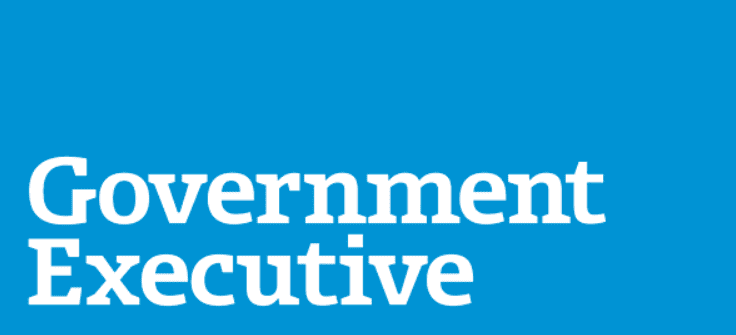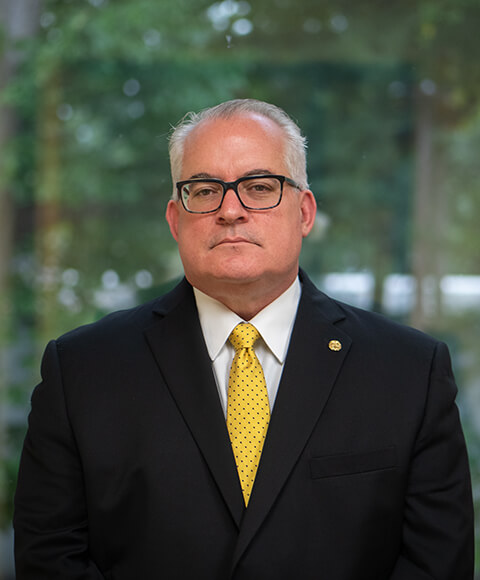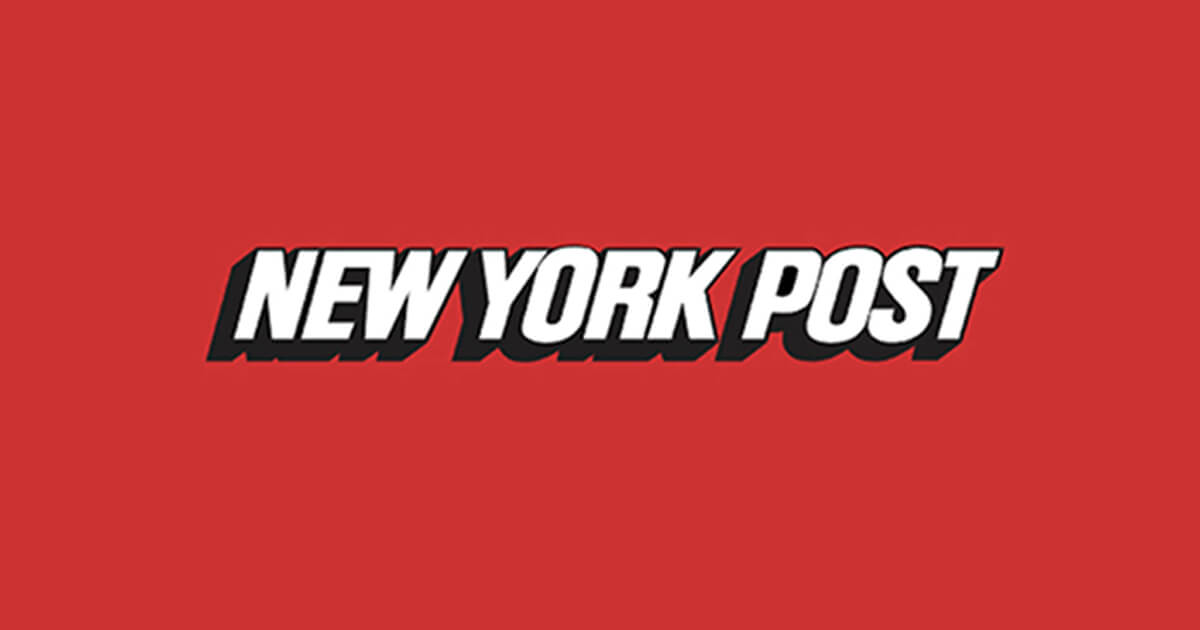
After a four-and-a-half year wait, one of the Senate’s key whistleblower advocates succeeded in arranging the declassification of documents he says show that the CIA inappropriately monitored congressional staff correspondence with whistleblowers.
Sen. Chuck Grassley, R-Iowa, on Thursday released a pair of “congressional notifications” from 2014 just delivered to him by newly installed inspector general for the Intelligence Community Michael Atkinson.
To trained eyes, the notifications and an accompanying, limited-distribution report show that “during the Obama administration, the Central Intelligence Agency obtained congressional communications about pending and developing whistleblower complaints,” said Grassley. His years-long pursuit of the documents dovetails with his more recent interest in obtaining disclosures of more documents pertaining to the termination of Dan Meyer, who for years was the ombudsman for the Intelligence Community.
One of the documents, written by then-IC Inspector General Chuck McCullough, expressed concern that the CIA’s role creates “a chilling effect” on whistleblower disclosures.
“The information contained in the two [congressional notifications] raises serious policy implications as well as potential constitutional separation-of-powers issues,” Grassley said in a release. “The CNs do not appear to contain any information about sources or methods, and there is a strong public interest in their content. I do not believe they need to be classified at all and they should be released in their entirety. Even if the IC IG disagrees, and believes some portion of the information does need to remain classified, it is still obligated to conduct a line-by-line analysis as part of the declassification review process and segregate all information that can be released.”
Grassley blamed Obama-era officials for forcing him to ask for the documents multiple times. “What sources or methods would be jeopardized by the declassification of these notifications?” he asked. “After four and a half years of bureaucratic foot-dragging, led by [then-CIA Director John] Brennan and [then-ODNI Director James] Clapper, we finally have the answer: none.”
The CIA has “a vitally important function, especially when it comes to their critical counterintelligence work,” Grassley continued, “but nothing—nothing—should inhibit or interfere with Congress’ constitutional job and protecting whistleblowers.”
Atkinson, responding in an Oct. 29 letter to Grassley’s most recent Oct. 15 request, emphasized that he was prevented from acting promptly while new to his position. He said that procedures for responsiveness have since been improved, and that previous officials had felt that a briefing they gave to lawmakers had resolved the issue. “I share your concerns about the legal and policy implications raised by the information contained in the two notifications,” Atkinson added.
Government Executive confirmed the disclosures to Grassley with Atkinson’s office.
In one of the notifications now made public, then-IC IG McCullough wrote that he credited CIA security for taking steps to limit “internal distribution of this report upon realizing the Inspector general equities involved.” And while the CIA’s monitoring of correspondence was “lawful and justified for counter-intelligence purposes,” he said he was “not confident that congressional staff fully understand that their whistleblower-related communications with my executive director of whistleblowing might be reviewed as a result of routine CI monitoring.”
CIA Press Secretary Timothy Barrett told Government Executive on Friday that “CIA’s role in this matter was limited to routine procedures for protecting classified information, and [Congress] was briefed in full in 2014.”
Dan Meyer, the since-terminated IC IG Director of Whistleblowing & Source Protection (now a partner in the Washington office of the law firm Tully Rinckey) said in a statement to Government Executive on Friday, “The Intelligence Community whistleblowing program, and its branch of protection for all federal security clearance holders, is based on a presidential order. When the president says ‘jump three feet,’ all federal officials are required to jump three feet. In the case of reviewing supervisors’ and managers’ malfeasance for whistleblower reprisal, this means every qualifying complainant gets a local agency review.”
What’s more, Meyer continued, “If a cadre within the Intelligence Community or any of the 72 or so federal offices with security clearances is slow rolling or obstructing compliance with a presidential directive, those officials need to answer for their insubordination. Such officials may be insider threats working against [Presidential Policy Directive]-19; they may also be unworthy to stay within the circle of trust by retaining a security clearance.”
Whistleblower advocates outside government are watching the developments. “The CIA spied on an intelligence watchdog, potentially compromised whistleblowers’ confidentiality, and refused to release the proof after they were caught red-handed,” said Irvin McCullough, national security analyst for the nonprofit Government Accountability Project, in a statement to Government Executive. “Such actions threaten the entire intelligence whistleblowing system. If whistleblowers can’t trust their conversations with a watchdog’s whistleblowing czar to remain confidential, how can they feel comfortable reporting their agencies’ wrongdoing? They might be opening themselves up to reprisal.”
Irvin McCullough is the son of former IC IG Chuck McCullough.




